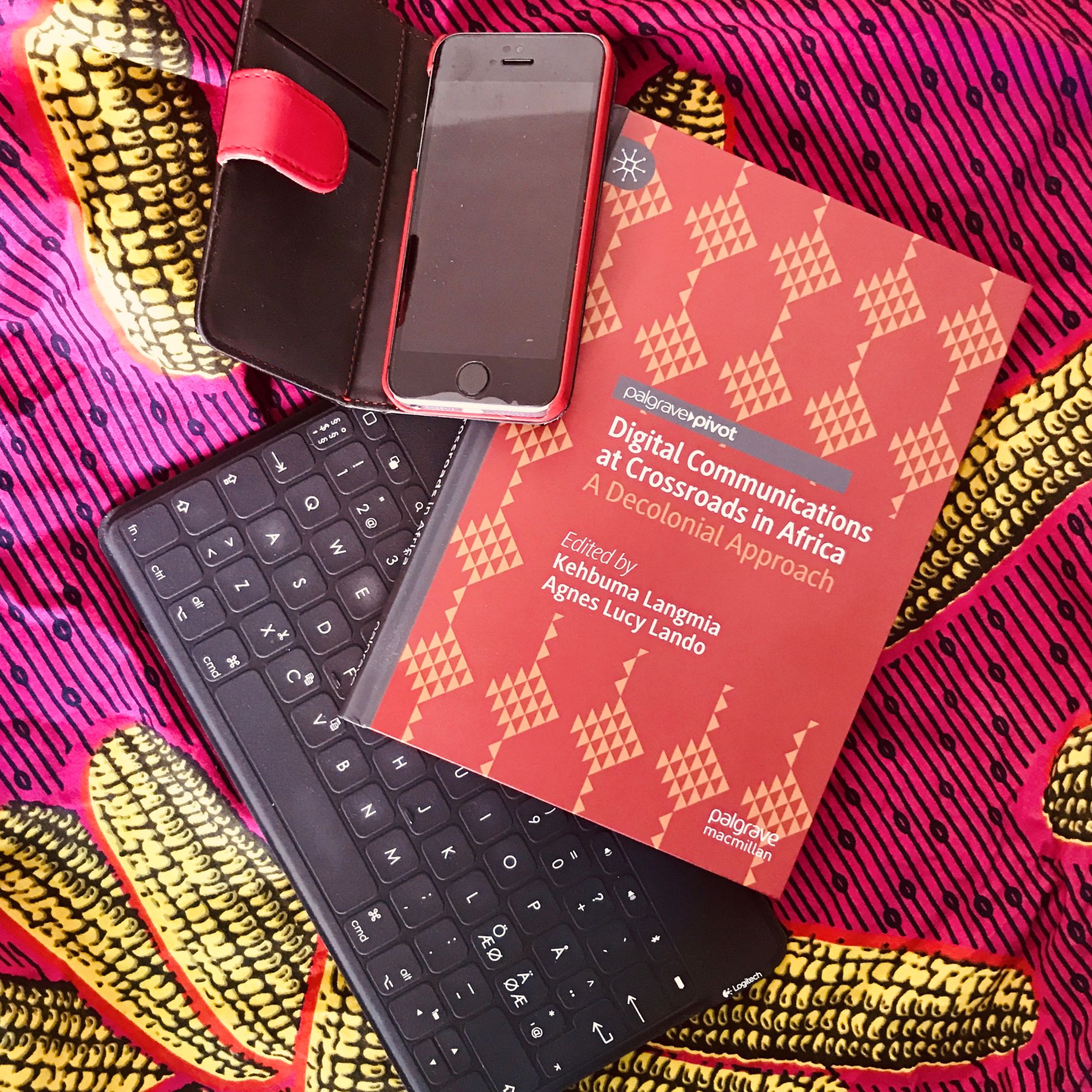
After water and traffic, will mental health be Ghana’s next big challenge?
According to photographer and fellow blogger Nyani Quarmyne, 2,4 million Ghanaians are estimated to sometime in their life be in need of psychiatric help. With not more than a handful psychiatrists and around 2000 hospital beds, it is clear that most Ghanaians in need will be left without any help.
On Tuesday, I went to see Nyani’s beautiful, hopeful but also deeply disturbing photos, depicting the mental health crisis in Ghana. There were women who had been locked up by their men, men who were starring blankly in front of them, elderly with their mentally ill grown children with no help, but also the man at a health facility that was rearing chicken and the man who had secured a job with Zoomlion after years of mental illness.
The pictures that got to me the most was probably the ones with men fastened to tree trunks (like the one above), one outdoors, seated on a stone, one naked in a dark clay house. Imagine, having your family put your foot through a big chunk of wood and then closing the whole with an ironrod so that you could not escape…keeping you in a dark room…there you are, like an animal…so hopeless somehow…
Then there was the picture of the records keeper at a psychiatric hospital in Accra. In a blue nurse’s dress, between thousands and thousands of files, she has her desk. The filing system looks ancient and clearly is overflowing the space. Yet, she comes to work every day. I was thinking about human defiance…
Fellow blogger AntiRhythm was also there and voiced his critique this way:
“Families cannot afford about 25 Cedis (about 13 Dollars) a month to pay for the drugs that would create the right chemical balance which would make us call these unfortunates normal.
So they are shackled and manacled to prevent aggression or injury to themselves or embarrassment to their families.When I saw it, I asked blogger Fiona: What country is this? I knew the answer; I feared the answer; I feared facing up to more evidence about the different layers of existence in this country.”
The NGO that partly sponsored this photoproject, BasicNeeds Ghana, has extensive programs that target thousands of people with mental illness or epilepsy, predominantely in Northern Ghana, but also in Greater Accra. They also have a knowledge project with several worthwhile publications available online, and now also a glossy book with Nyani’s photos – “Ghana, a Picture of Mental Health”.
I wish Ghanaians would have a glance through, we need to know what is happening to the weakest in society right now…










![Reblog this post [with Zemanta]](https://img.zemanta.com/reblog_e.png?x-id=d8016102-24b3-4dc8-8295-a8589ee2ca31)